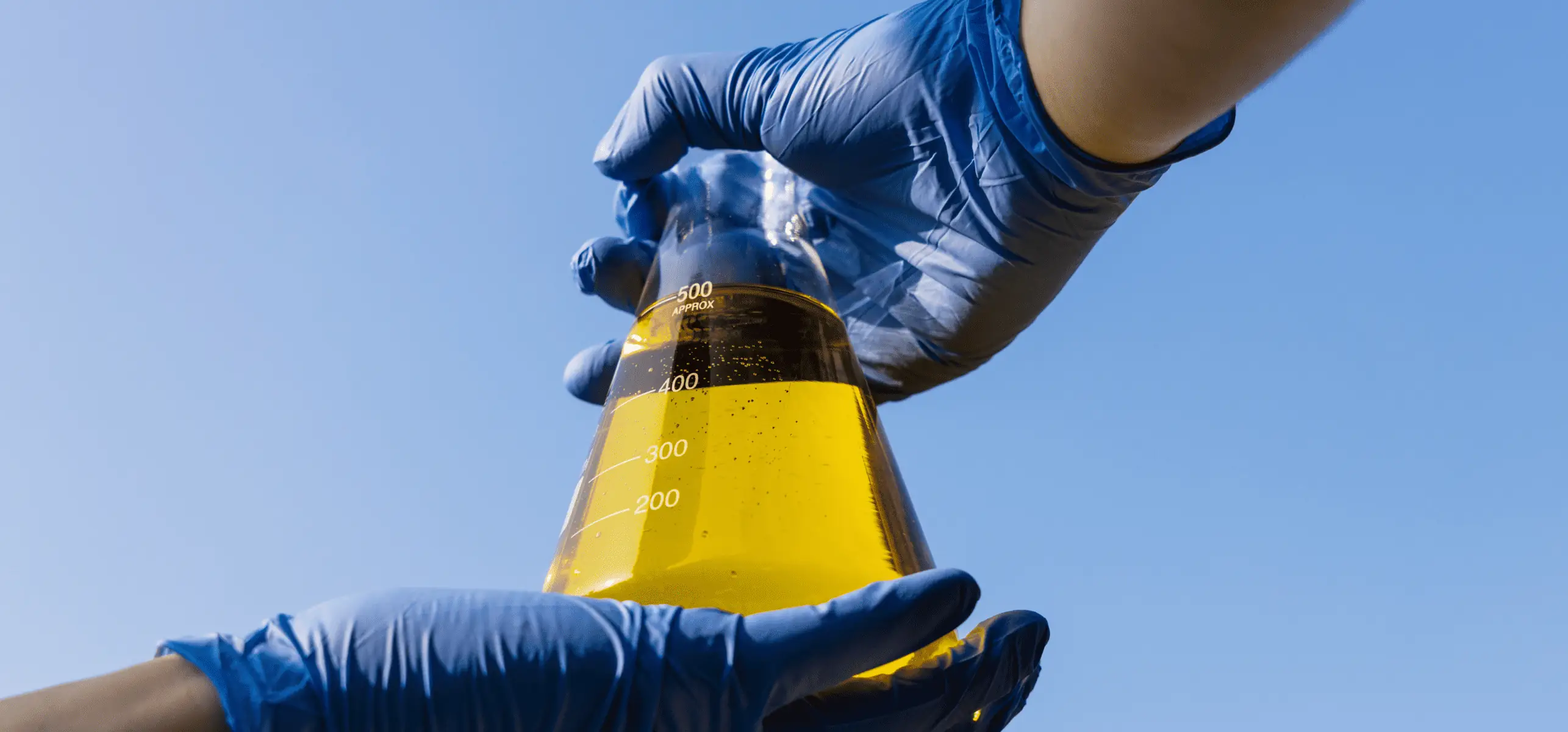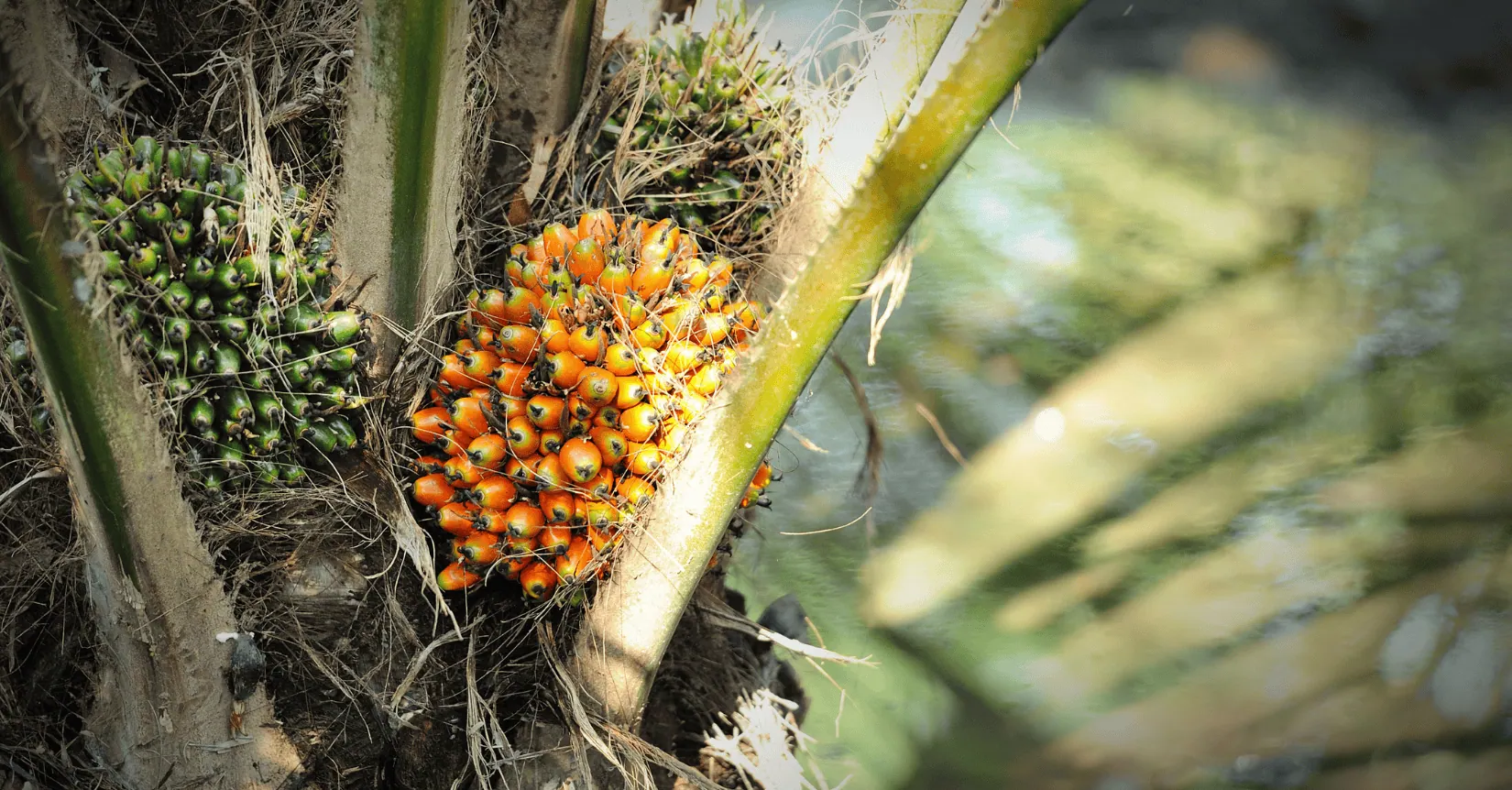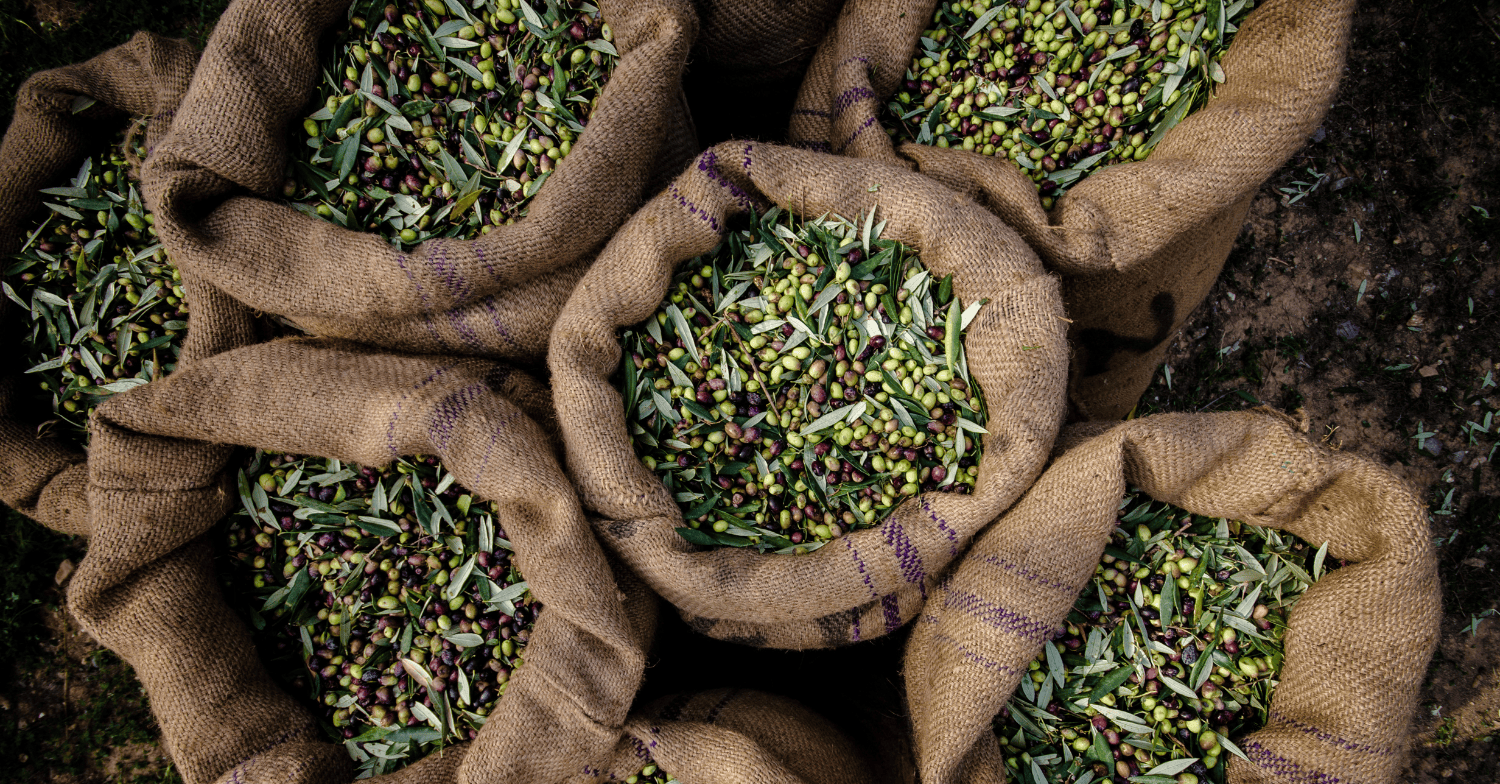The US biodiesel market is experiencing a shift in prices, with used cooking oil (UCO) now selling at a discount compared to other biofuel feedstocks due to increased imports and stricter traceability requirements. Despite its previously lower carbon intensity score, UCO now consistently lags behind distillers corn oil (DCO) and bleached fancy tallow (BFT) since the EPA imposed record-keeping requirements, leading to reduced liquidity. To ensure compliance with renewable feedstock regulations, traceability platforms like Veriflux are becoming essential.
For your information: Navigate the complexities of biodiesel blend rate calculations effortlessly with our free-to-use commodity calculators.
The EU is taking significant steps to reduce the carbon footprint of its maritime sector with the adoption of the new “FuelEU maritime” regulation. The regulation sets ambitious targets to cut fuel GHG intensity from 2% in 2025 to 80% by 2050, promoting sustainable maritime fuel production and supporting non-biological renewable fuels. By 2030, ships in ports will be required to use onshore power supply, aligning with the EU’s climate goals and ensuring environmentally-friendly maritime traffic.
Spanish oil company Repsol is investing $133 million to convert a unit of its Puertollano plant into a biodiesel production facility by 2025. With the goal of producing 200,000 tons of biodiesel annually, Repsol seeks to expand its low-emission fuel production from 700,000 to 2 million tons by 2030, contributing to a low carbon footprint.
According to Coherent Market Insights, the global biofuels market is expected to reach $390.6 billion by 2030, with a 9% CAGR from 2023 to 2030. The transportation sector’s growth and increasing focus on renewable energy to curb greenhouse gas emissions will drive this expansion, with North America leading the market due to high demand, government support, and robust biofuel production infrastructure.
HCS Group and Lufthansa Group are set to collaborate on sustainable aviation fuel (SAF) production, starting in early 2026. Utilising waste biomass at HCS Group’s German manufacturing site in Speyer, the innovative alcohol-to-jet technology will supply SAF, significantly reducing CO2 emissions compared to conventional kerosene. This partnership will play a crucial role in supporting sustainable flying and achieving the EU’s carbon-reduction objectives.
Want to unlock Vesper’s full market analysis on biodiesel? Log in to the Vesper platform here.





